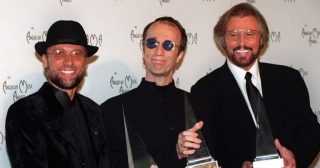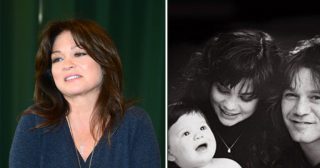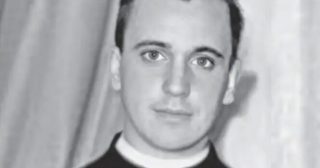The Tragic Life and Enduring Legacy of Sharon Tate: Hollywood’s Brightest Star Gone Too Soon
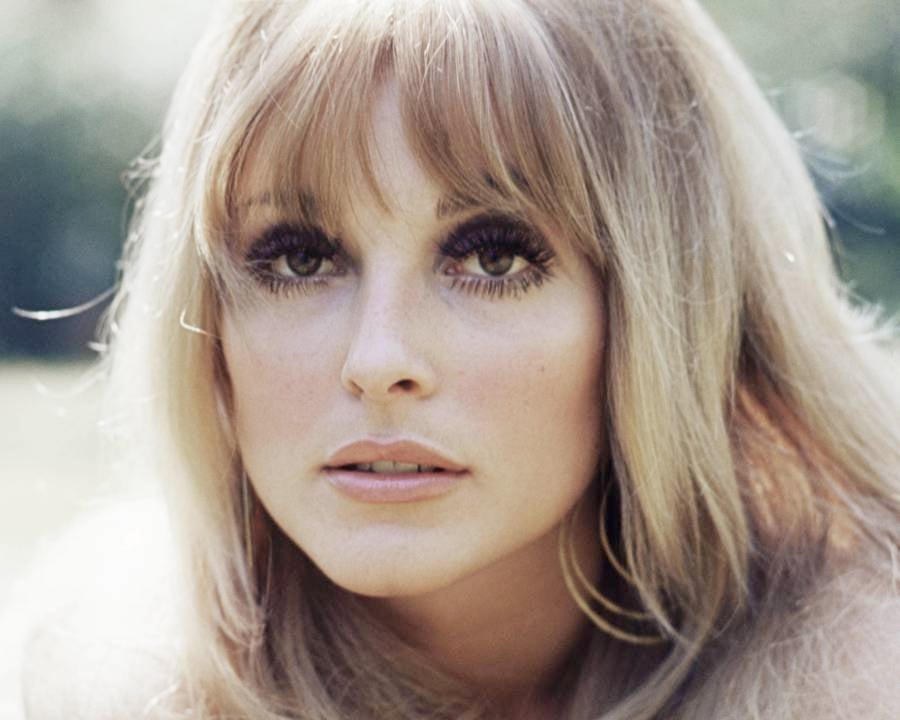
Explore the life of Sharon Tate—from her rise as a Hollywood starlet to her untimely death at the hands of the Manson Family. Discover her enduring impact on pop culture and fashion.
Sharon Tate was a rising star in 1960s Hollywood, known for her beauty, talent, and tragic end. Born on January 24, 1943, in Dallas, Texas, she was crowned "Miss Tiny Tot of Dallas" at just six months old. Her family moved frequently due to her father's military career, and by age 16, she had lived in six cities. Despite her shyness, Tate's early beauty and charm set her apart.
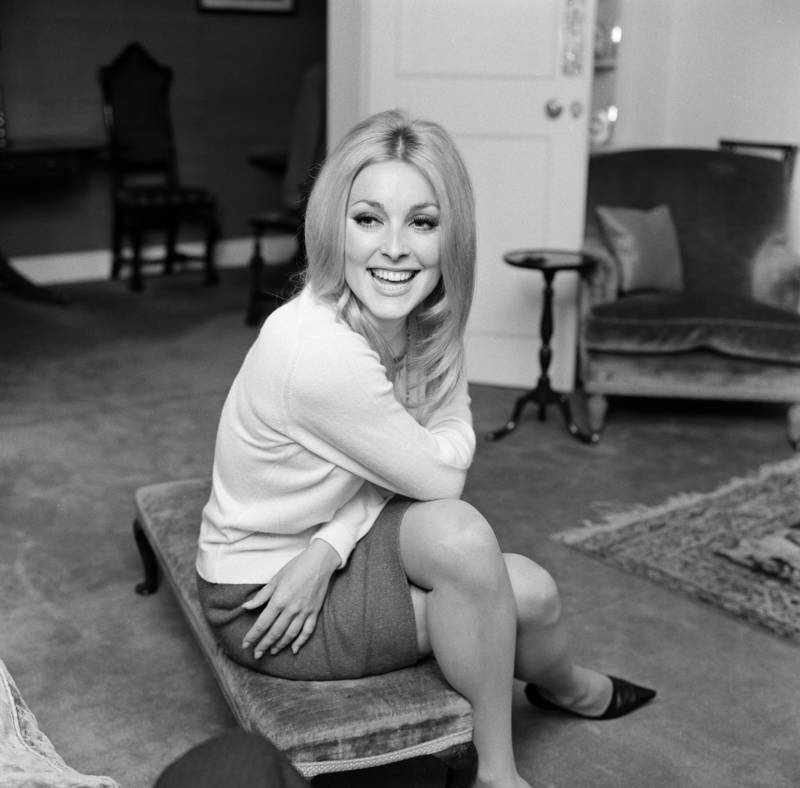
Tate's film career began with minor roles, but her breakthrough came in 1967 with Valley of the Dolls. Her performance garnered attention, leading to more significant roles in films like Eye of the Devil (1966) and The Fearless Vampire Killers (1967). She was married to director Roman Polanski in 1968, and the couple became one of Hollywood's most glamorous pairs.
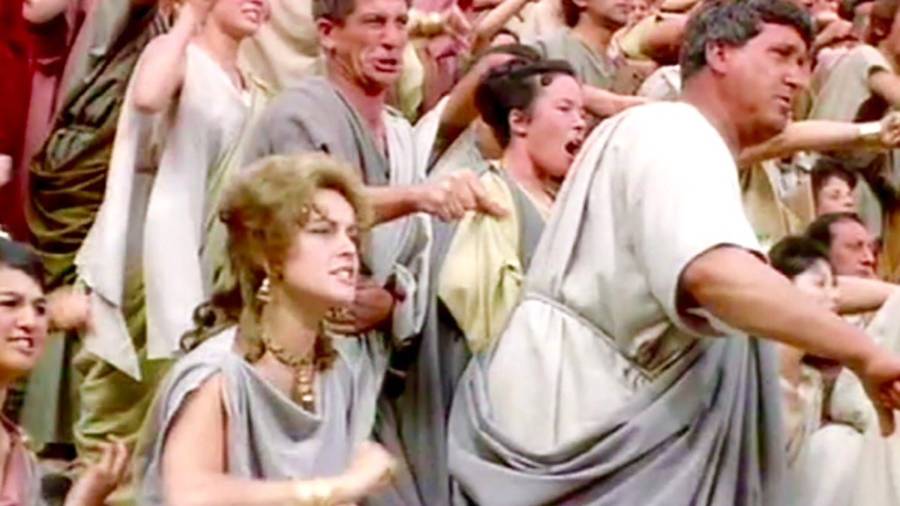
On August 9, 1969, Tate, eight and a half months pregnant, was brutally murdered by followers of Charles Manson at her Los Angeles home. The crime shocked the world and marked a tragic end to her promising career. Tate's death, along with the murders of four others, left an indelible mark on American culture and signaled the end of the 1960s era.
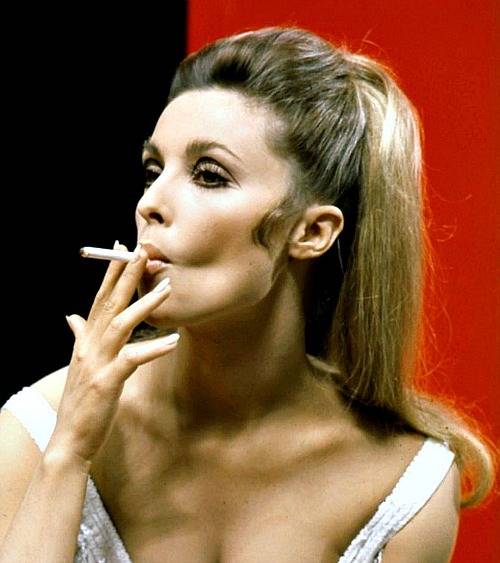
Despite her short life, Sharon Tate's influence persists. Her style continues to inspire, with modern celebrities like Margot Robbie and Lily-Rose Depp channeling her iconic look. Tate's sister, Debra Tate, has worked to preserve her memory, ensuring that Sharon is remembered not just for her tragic end, but for her contributions to film and fashion.
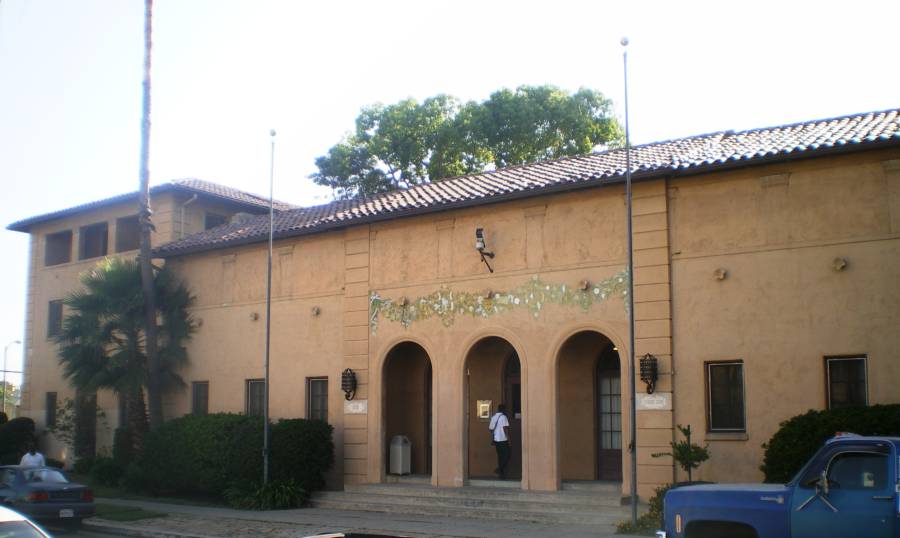
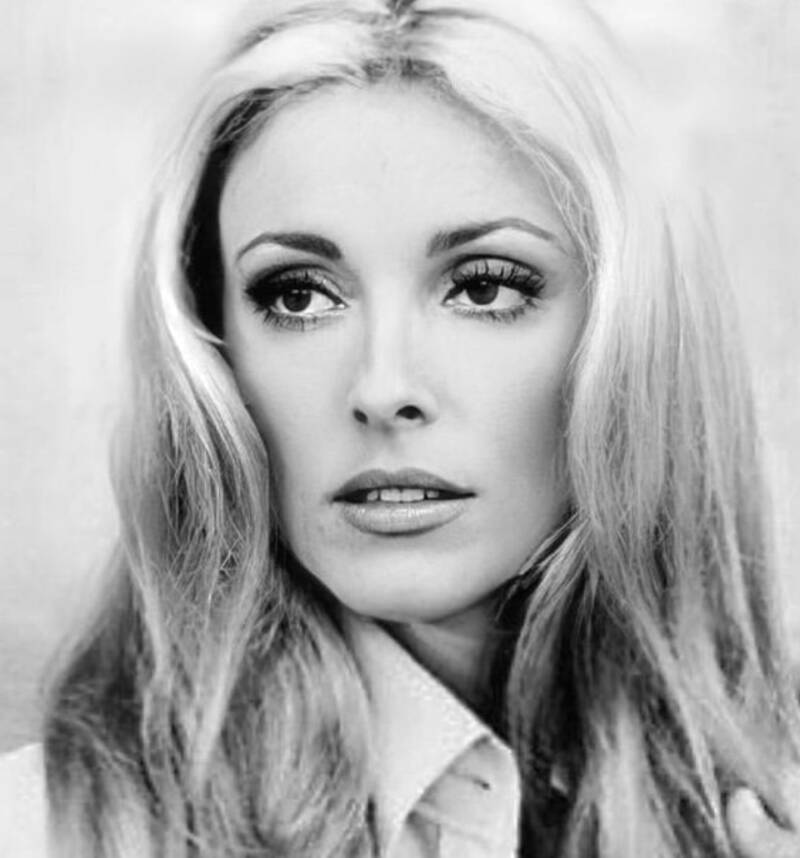
Flickr CommonsSharon Tate on the set of 12 + 1.
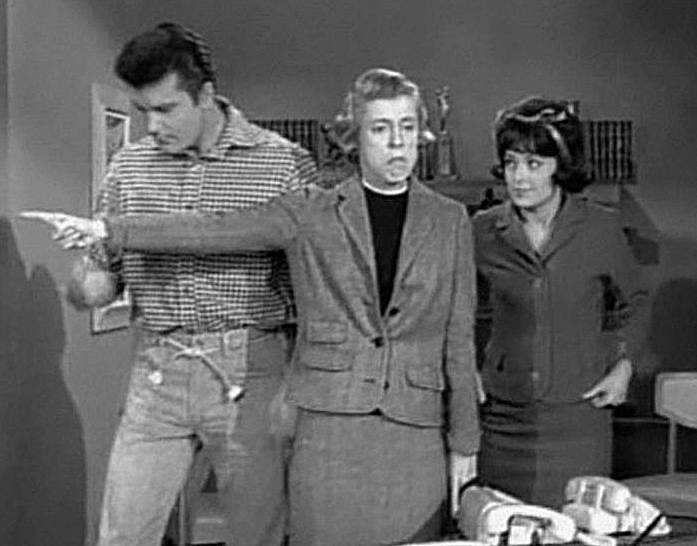
Wikimedia CommonsIn order to make her more comfortable in front of the camera, Sharon Tate’s (right) studio head secured her a recurring role on The Beverly Hillbillies. He didn’t want her to be recognizable, which explains the black wig.
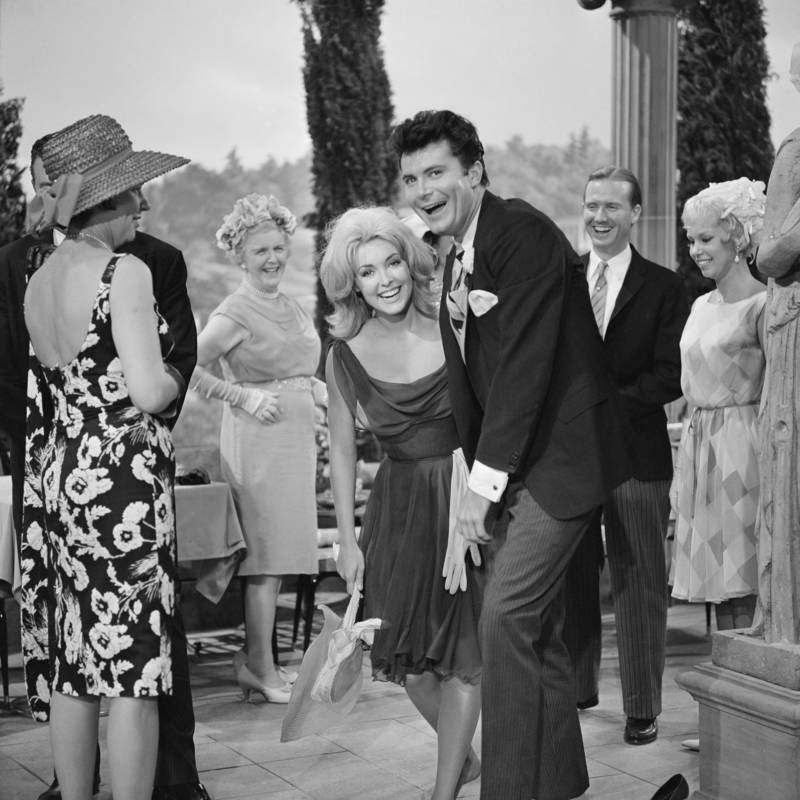
CBS Photo Archive/Getty ImagesMax Baer Jr. (as Jethro Clampett) and Sharon Tate (as Janet Trego) in The Beverly Hillbillies in 1963. At this point, Tate’s schedule revolved around acting, singing, and movement classes, as well as auditions.
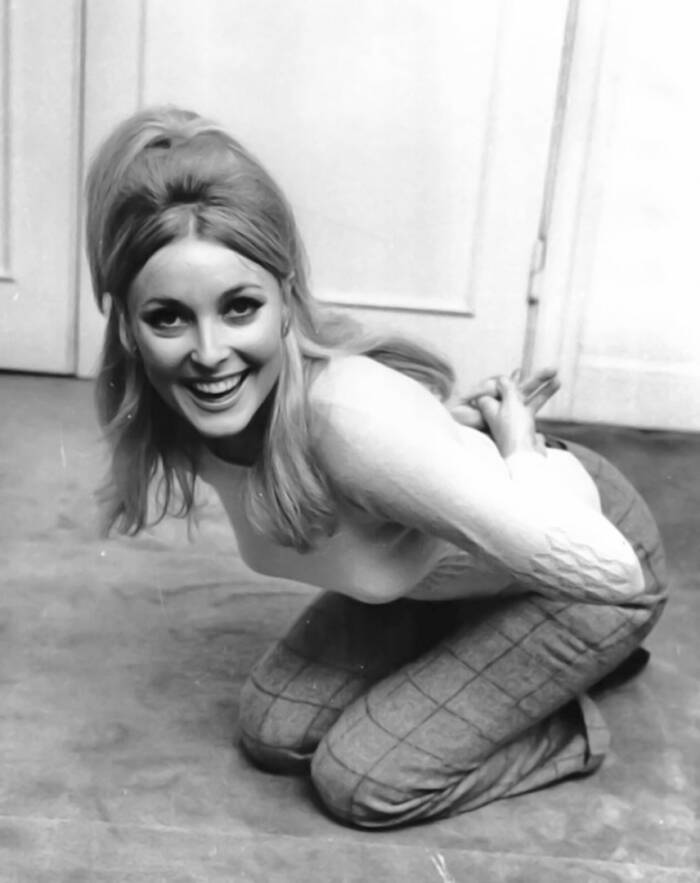
Flickr CommonsSharon Tate in her London apartment in 1965.
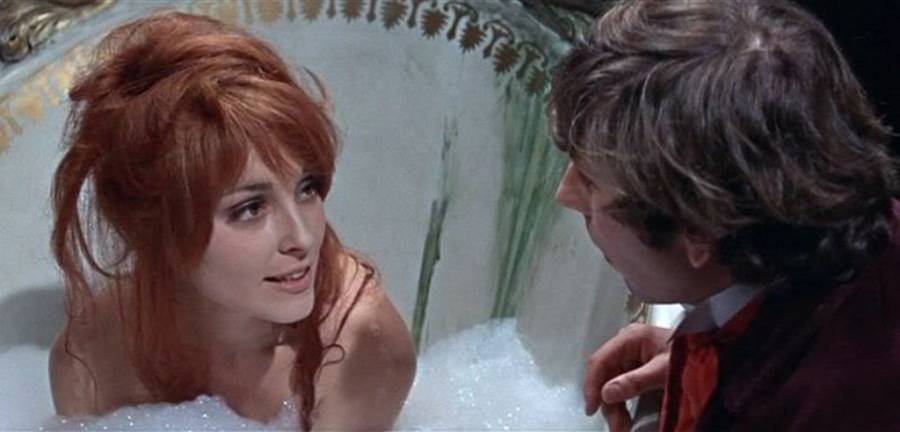
Wikimedia CommonsSharon Tate starred in Roman Polanski’s 1967 horror comedy The Fearless Vampire Killers, during the filming of which their love affair began.
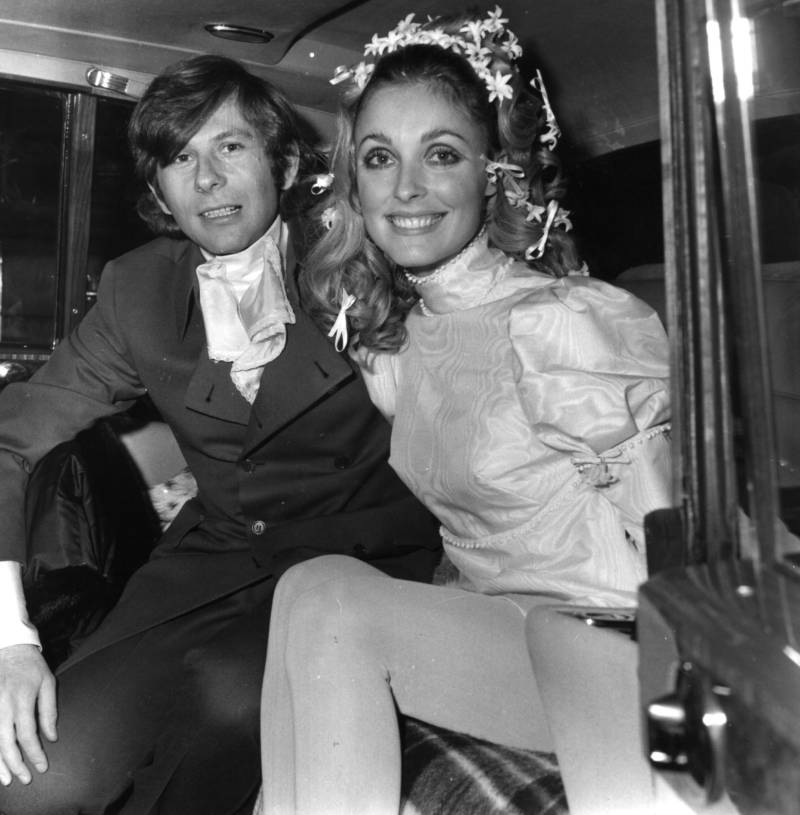
Evening Standard/Getty ImagesRoman Polanski and Sharon Tate at their wedding.
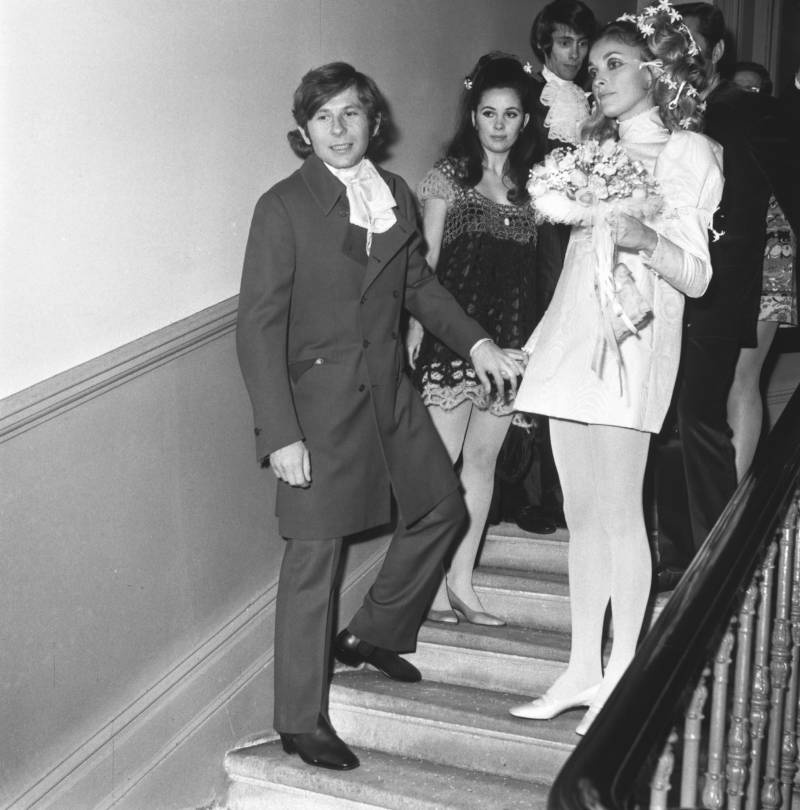
Hulton-Deutsch Collection/Corbis/Getty ImagesPolanski wasn’t entirely faithful to his wife, who told him she wasn’t trying to change him. They married in Chelsea, London, in 1968.
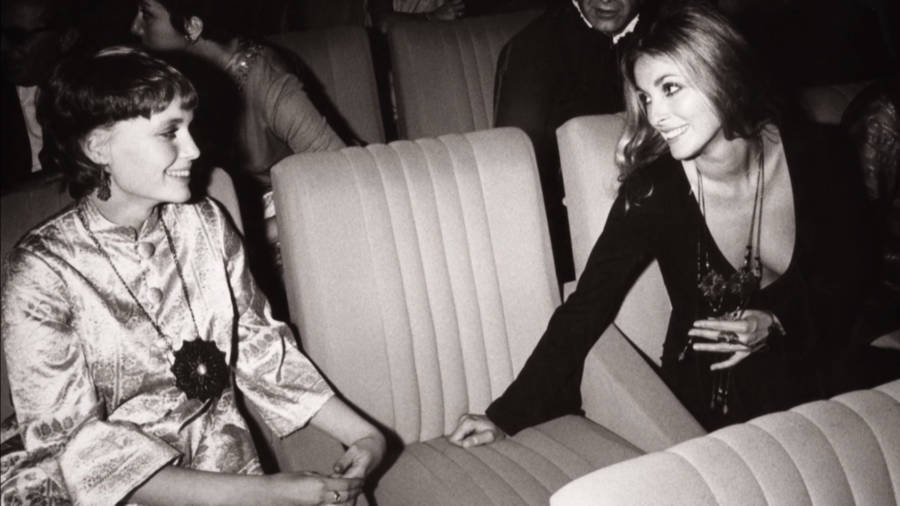
FlickrMia Farrow starred in Roman Polanski’s Rosemary’s Baby. Farrow, Polanski, and Tate then became close friends.
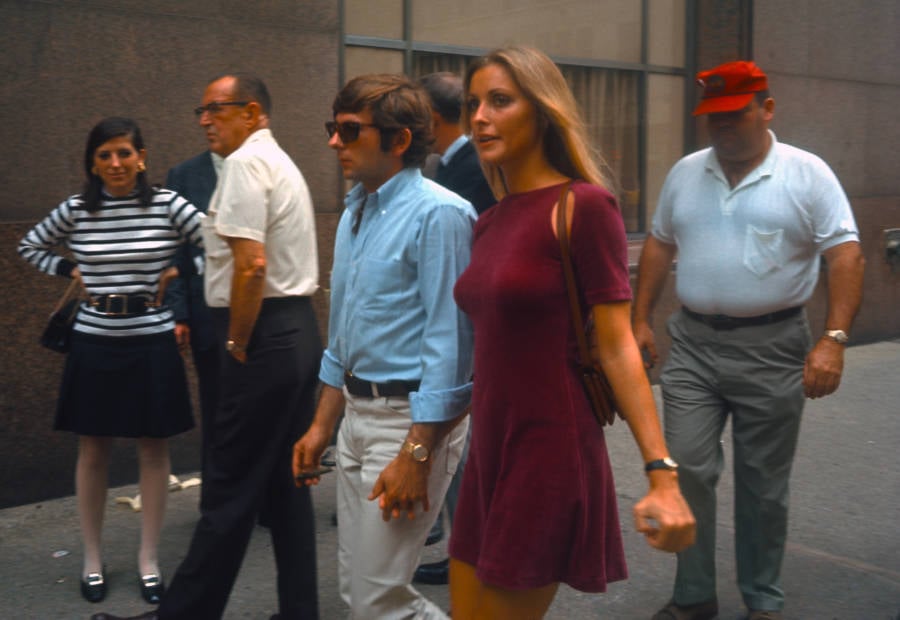
Santi Visalli/Getty ImagesSharon Tate visits Polanski in New York while he works on Rosemary’s Baby on August 15, 1967.
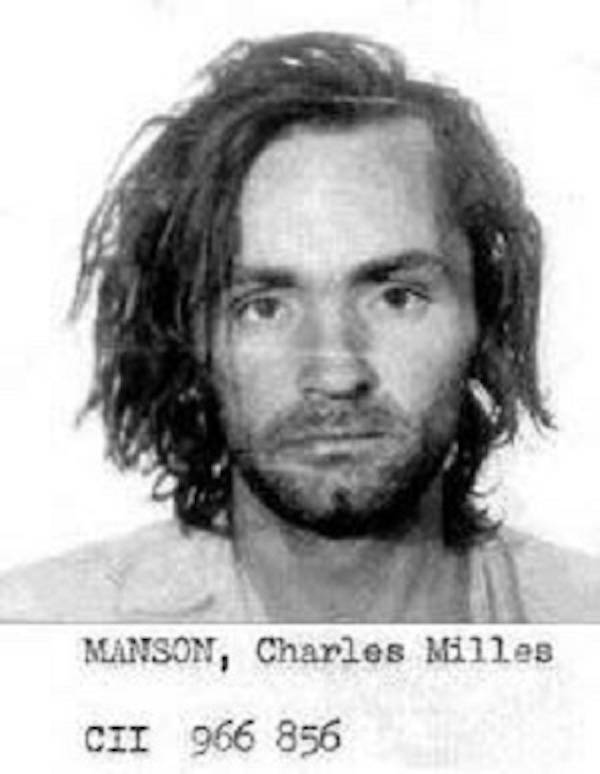
Wikimedia CommonsManson’s 1971 booking photo for San Quentin State Prison, California. He died in prison 46 years later.
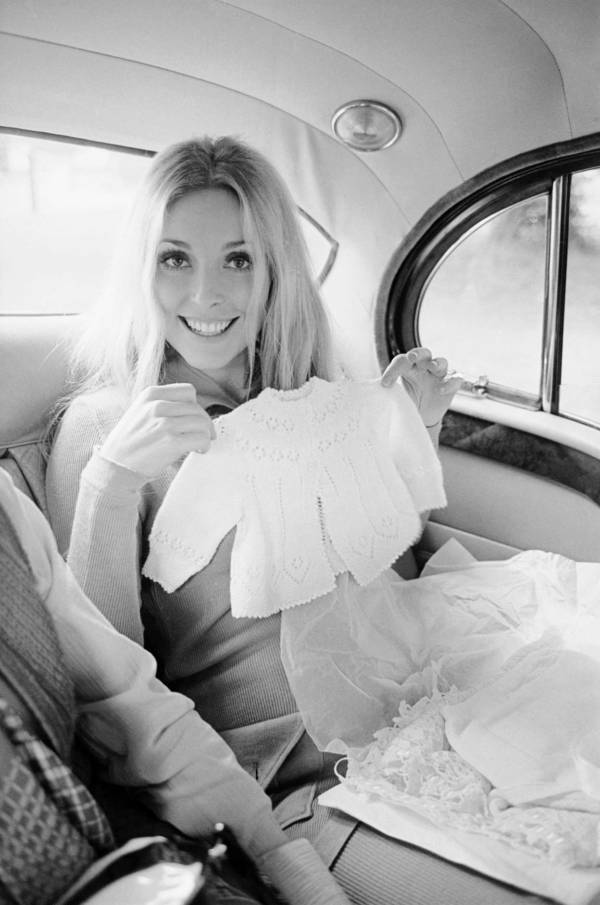
Terry Oneill/Iconic Images/Getty ImagesSharon Tate was eight and a half months pregnant when she was murdered. They stabbed her 16 times and strung her over a rafter with a rope. The other end was tied around her ex-boyfriend’s neck.
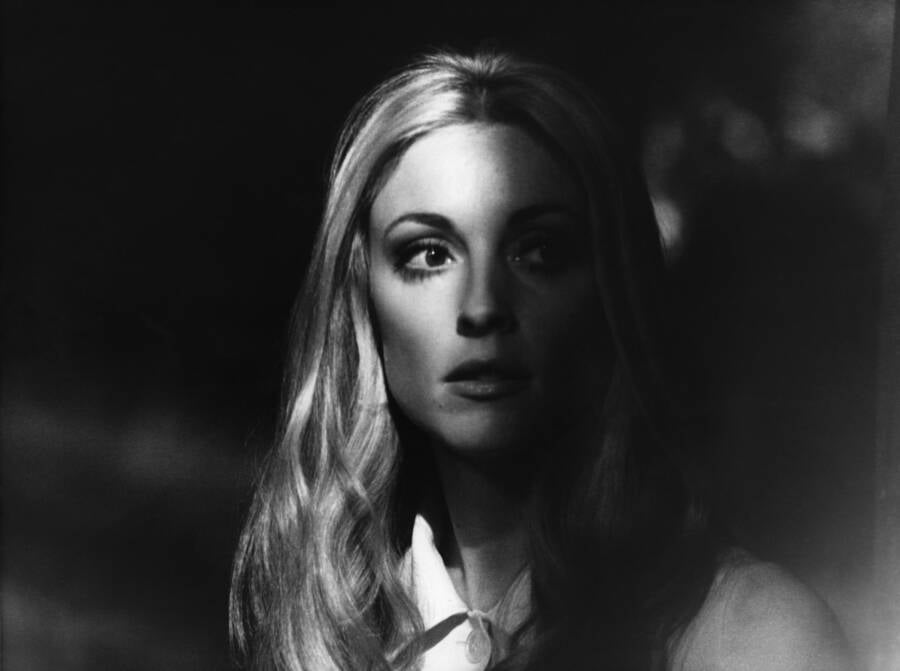
Michael Ochs Archives/Getty ImagesSharon Tate’s death at the hands of the Manson Family shocked America and, some say, marked the end of the 1960s.
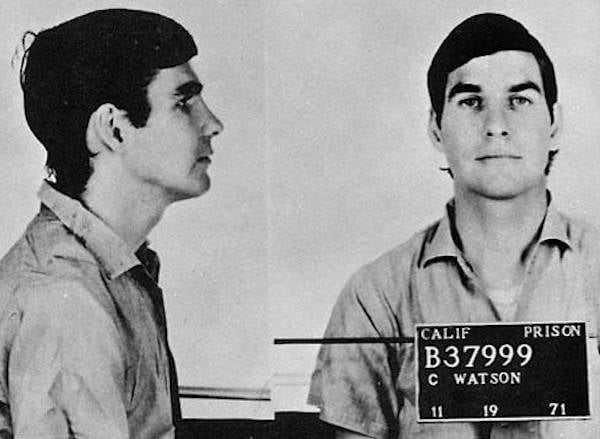
Wikimedia CommonsCharles “Tex” Watson told one of his victims, “I’m the devil, and I’m here to do the devil’s business.”
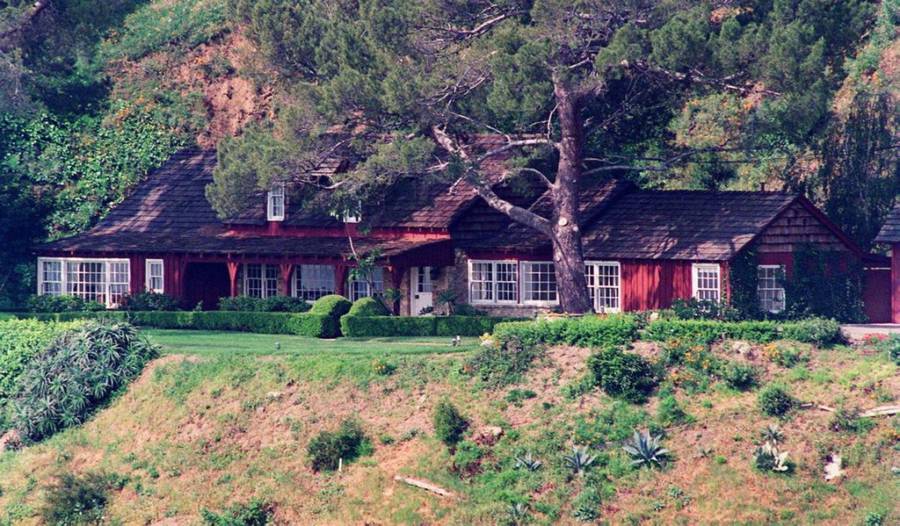
FlickrThe house at 10050 Cielo Drive where Sharon Tate was killed.
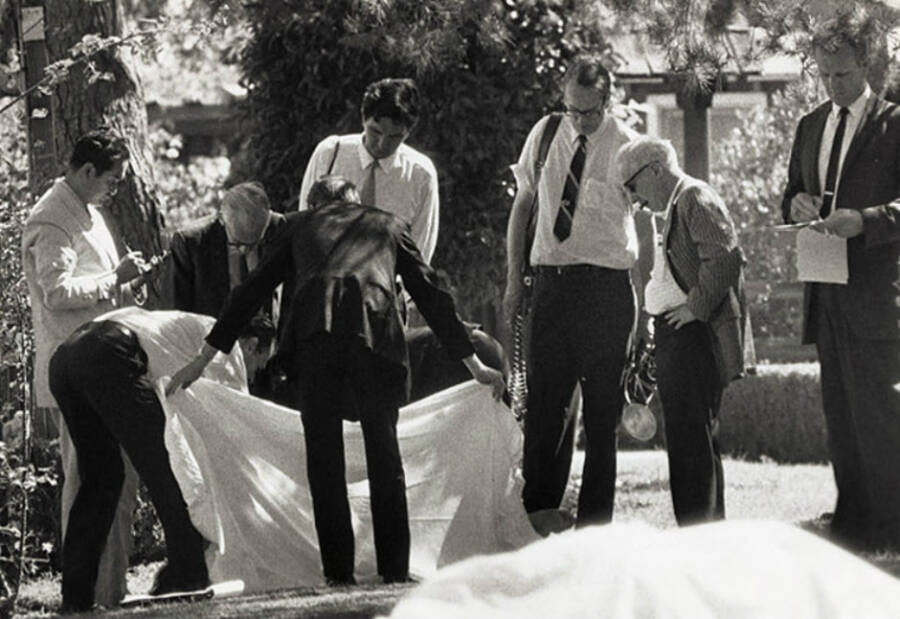
Police handoutPolice put a sheet over one of the bodies found at 10050 Cielo Drive.
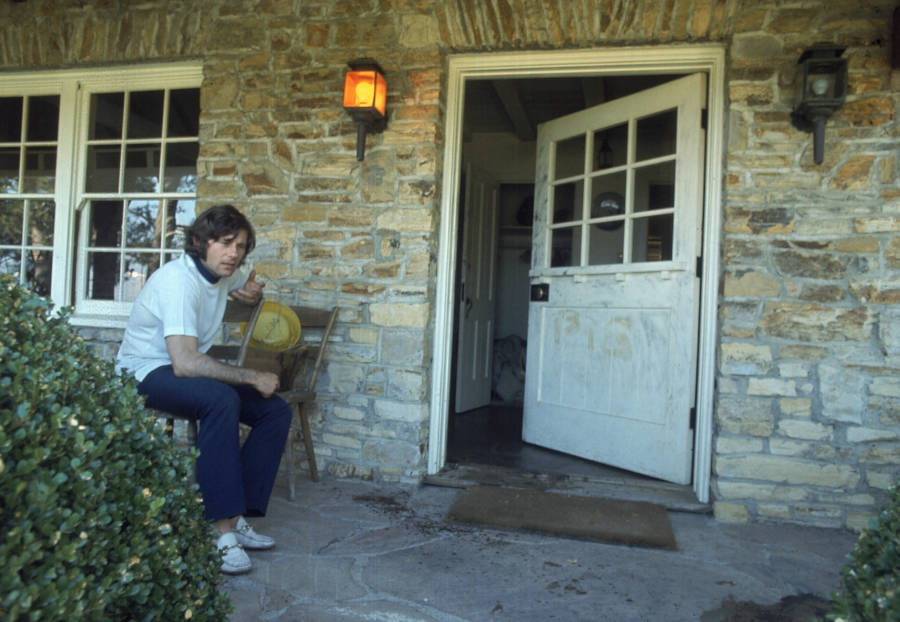
Julian Wasser/The LIFE Images Collection/Getty ImagesPolanski sitting on the bloodied porch outside his home just after Sharon Tate’s death. He came under scrutiny for agreeing to do this Life magazine shoot. The word “PIG” can still be seen scrawled on the door in his wife’s blood.
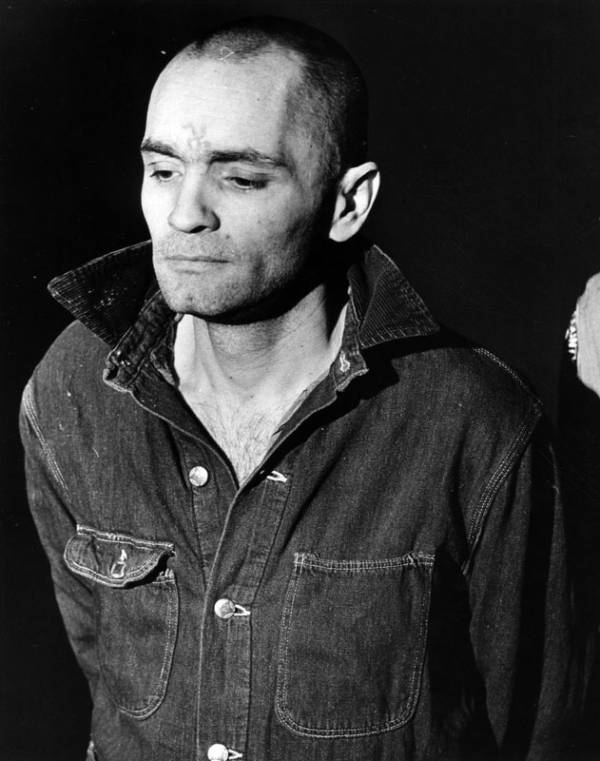
Los Angeles Public LibraryCharles Manson during his trial, awaiting the verdict. March 28, 1971.
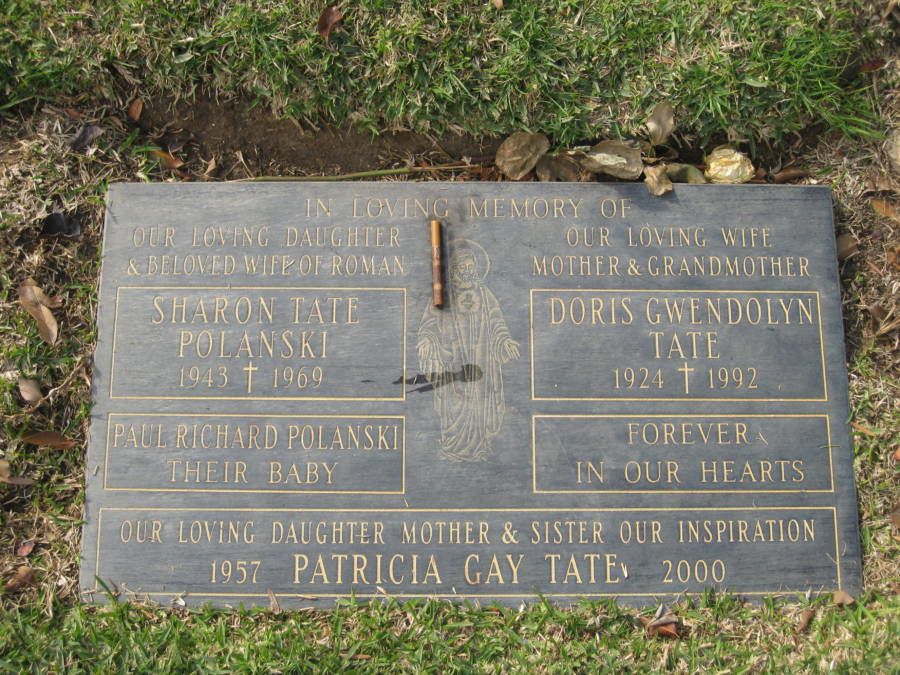
Wikimedia CommonsThe Tate family grave in Holy Cross Cemetery. Culver City, California.
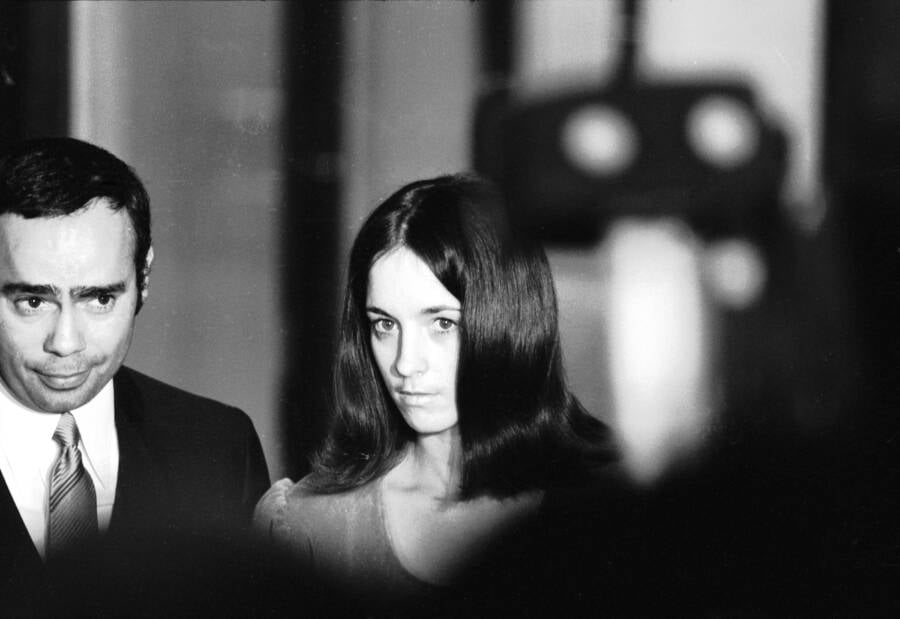
Ralph Crane/Time Inc./Getty ImagesSusan Atkins leaving the Grand Jury room after testifying during Charles Manson’s trial in December 1969.
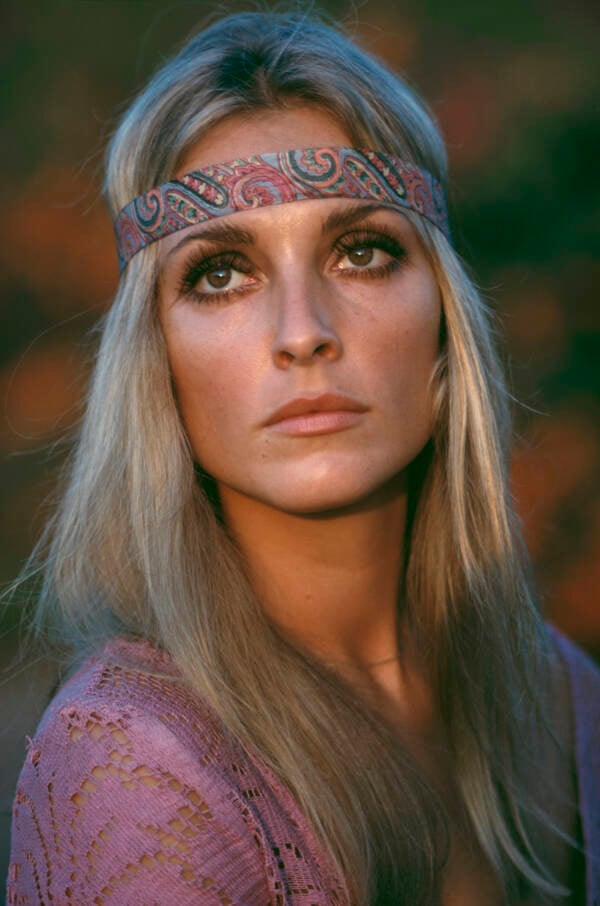
Archive Photos/Getty ImagesSharon Tate’s murder was later described as the moment “the Sixties ended” by writer Joan Didion.






